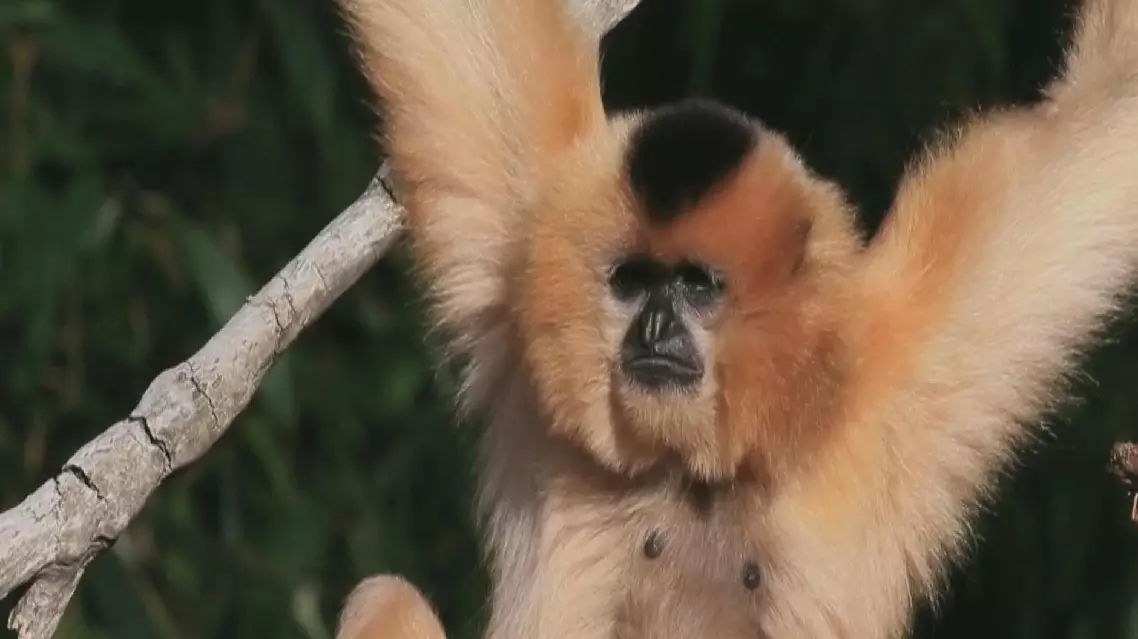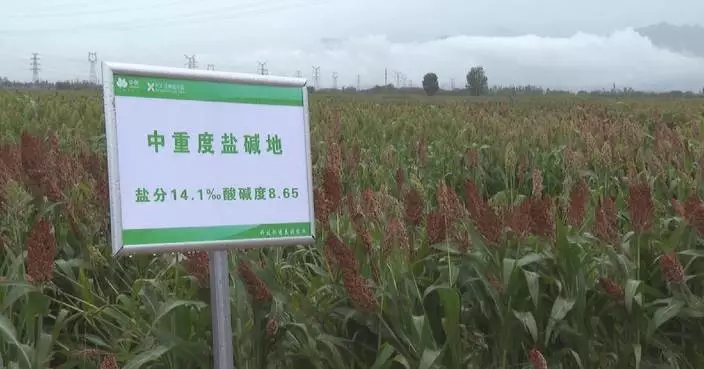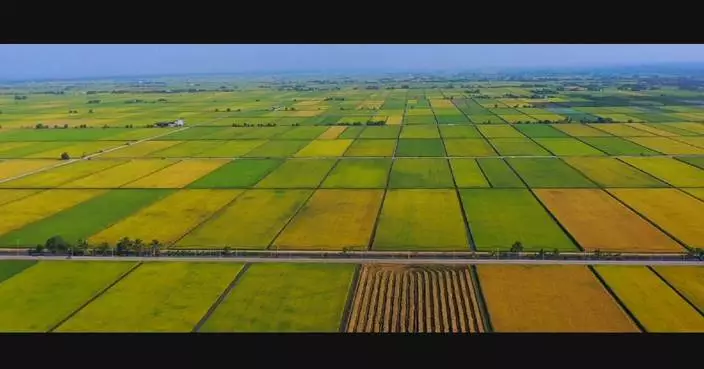In a stunning victory at the 47th WorldSkills Competition held recently in Lyon, France, young Chinese chef Kang Bangcheng triumphed over competitors from Europe and America to claim the gold medal in the culinary (Western cuisine) category.
This marks the first time that the Chinese delegation has clinched the gold in this prestigious event.
"I never imagined achieving such a feat on European soil at this program, which many Europeans take pride in. When I stepped onto the podium, it felt like my long pursued dream has come true," said Kang Bangcheng, a teaching assistant from the Ningbo Gulin Vocational High School.
The culinary (Western cuisine) segment of the 47th WorldSkills Competition drew participants from 44 countries, making it the most fiercely contested category in the entire event. Unlike previous editions where the competition topics were revealed three months in advance, this year's challenges were announced just a month and a half prior, leaving contestants with limited time for preparation. Adapting to the local French ingredients also posed a significant challenge.
"Nearly half of the local ingredients differ from those in China, particularly in terms of meats, fish, and ducks. Additionally, the local climate is different. While we trained in China, the temperature was relatively high. But the cooler local environment in France caused plates to cool faster than in China. These were crucial factors we had to consider at that time," said Kang.
The four-day competition entailed assessments of fundamental skills, hot dish culinary skills, cold dishes and pastry skills, and a restaurant practical test. Kang's exceptional prowess shone through as he flawlessly completed tasks like separating egg yolks and whites, hand-whipping egg whites, and precision slicing, ultimately securing the first gold medal in the culinary (Western cuisine) category for the Chinese delegation.
Reflecting on his journey, Kang expressed that bridging the gap between Chinese and Western culinary cultures proved to be his greatest challenge.
"Common spices in Western cuisine like basil, rosemary, and thyme have flavors that are too pronounced, which is actually somewhat contrary to the principles of Chinese cuisine," said Kang.
As he delved deeper into Western cuisine, his culinary skills flourished. However, as he prepared for the competition, Kang faced numerous hurdles, including a lack of psychological readiness.
"After training for two months, I was still consistently running over by 40 minutes. During one training session, I told my coach I don't want to do this anymore. I want to quit," said Kang.
However, his perseverance paid off as he conquered his mental hurdles, secured his spot in the 47th WorldSkills Competition, and emerged victorious as the champion in the culinary (Western cuisine) category.
Looking ahead, Kang expressed his ambition to defend the gold medal for the culinary (Western cuisine) category at the upcoming WorldSkills Competition in Shanghai, hoping to keep the prestigious award within China once again.
"I hope that we can defend our champion at the next WorldSkill Competition in Shanghai and keep the gold medal in China," said Kang.

Chinese chef secures first-ever gold at WorldSkills Competition in France

Chinese chef secures first-ever gold at WorldSkills Competition in France









